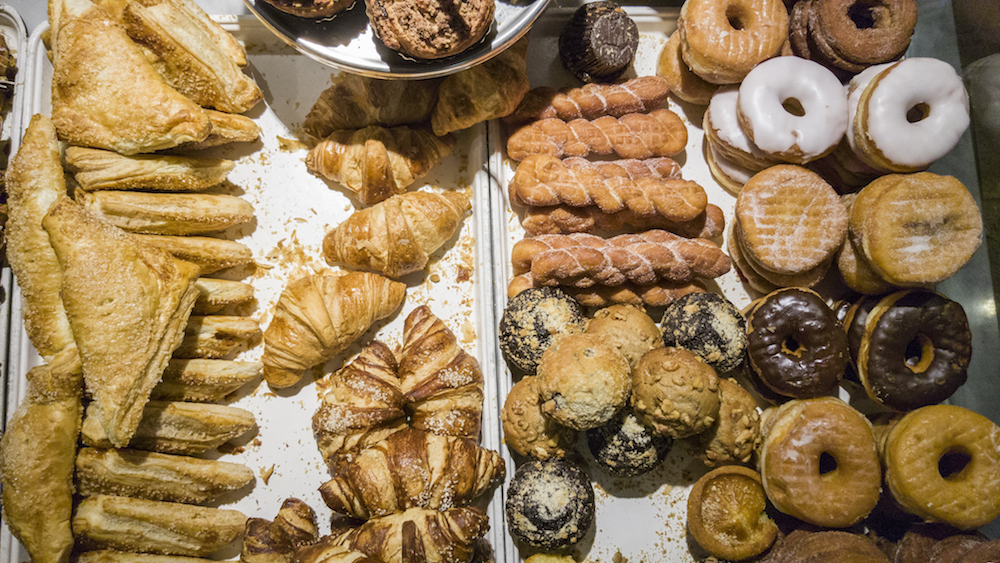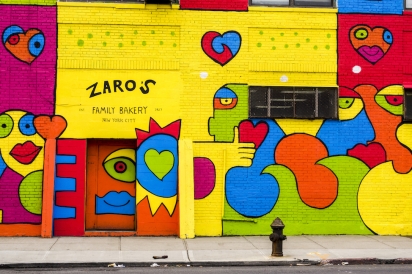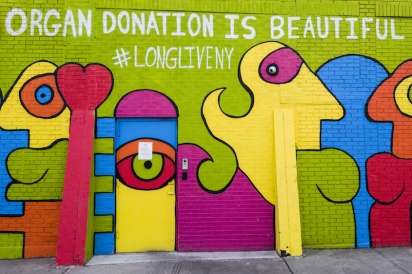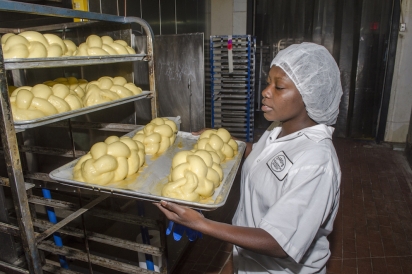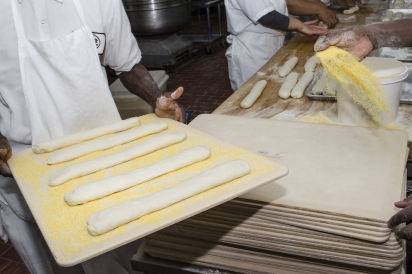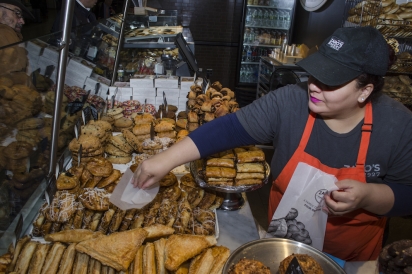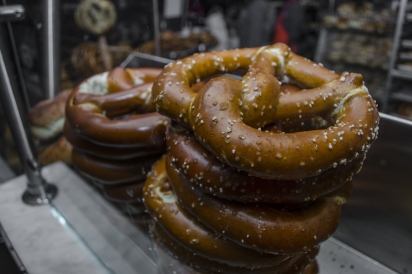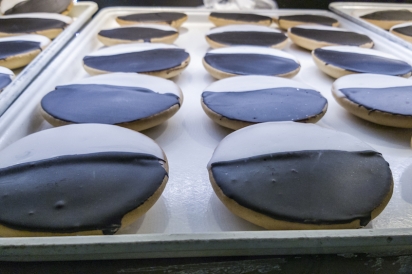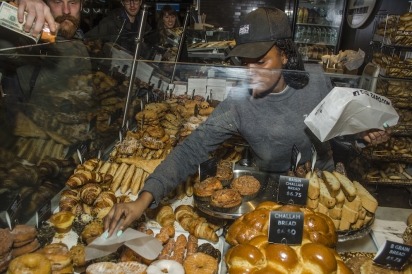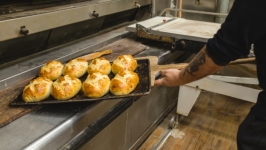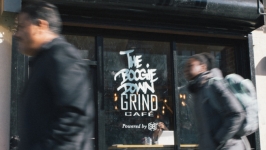Zaro's Expanding Family Business
Zaro's Bakery, a New York institution for nine decades, returned to the Bronx late last year after a two-year absence, fueling a flood of warm memories. The Parkchester bakery had been providing daily bread, holiday pies, and fueling children with goodies for 60 years before abruptly closing in December 2015.
These kids, now adults, poured into the newly reopened bakery with stories of waiting as parents and grandparents shopped and sharing black and white cookies with siblings: one getting the white, one getting the black. Brian Zaro, who was there re-opening day, said the outpouring was overwhelming.
“The amount of people who walked in and said they basically grew up there, it was amazing,” says Brian Zaro.
Brian, his brothers and a cousin are the fourth generation of Zaros to run the family business. In 1927, their great-grandfather Joseph Zarochik arrived in New York from Poland with little more than a handful of recipes and the dream of starting a bakery. By the time his son took over the business, Zaro's Bakery was a household name. By the early 1970s, there were more than 30 Zaro's shops in New York City. The first of four Grand Central Station outlets, opened 40 years ago, was followed by a slow retreat from outer boroughs. But a new expansion is underway.
The first move is to the South Bronx, said Scott Zaro, where a new store will be directly connected to the Zaro's Mott Haven production facility. “It's pretty much, like, from the actual bakery right to the store. There's no transportation. It's not going in a truck. It's going on a rack and pushed right to the storefront. So, we'll have all our baked goods right out of there,” said Scott.
They've updated their menus in keeping with the times, going with natural products in a “clean label” effort and seeing growth in the sales of their healthy multigrain breads.
The Zaros have always thought big. Scott said he can picture a time when their brand could expand beyond the city with hundreds of stores. If they do go national, or even international, the family business will retain its people-first culture.
“It always comes back full circle, for us, to people. I think we live in a world where everyone is staring at their phone, everyone is staring at their iPad. Even when you go to a restaurant you're typing into an iPad what you want to order. We believe in a people-to-people encounter, creating a connection. And we don't want that to be lost,” he said. “When I go to an establishment, even a casual restaurant, I want to be speaking to a person. I don't want to interact with an iPad or a robot.”
The Zaros serve their own bread at home, their own pies at holiday meals. The young Zaros didn't always want to work in the family business, but when they came to it they were all in, rejoicing in getting to work with family for a common goal. So, in a way, everyone who works for Zaros is family. It's something they'll pass on to the fifth generation when their time comes, Scott said.
“We pride ourselves on treating our associates—the people who work behind our counter, in our production facility—very well. We understand that our business does not exist without them. It's not me and my brothers and my cousin making all the money. We rely on them just as much as they rely on us. That in itself is very, very important and would love to pass that down to my nephew and my nieces, and, one day, my own kids.”
Even in Grand Central, where 750,000 or more potential customers bustle by each day, every interaction is an opportunity to represent the same welcoming spirit Parkchester residents came to know and love 60 years ago.
“In Grand Central, we have two types of customers. They either come in really quick—these are people on their way to work—or they want to come in and talk and have a coffee, and those are typically the tourists. But we have an opportunity every day—be it 45 seconds or two minutes, what have you—to impact their day in a positive way. And that opportunity is never lost on us. Everyone is going to have an impact on someone else's life, so we always want that impact to be a positive one. We tried to create that as our culture for our company,” Scott said. “That opportunity is important to us. We take it very seriously.”


